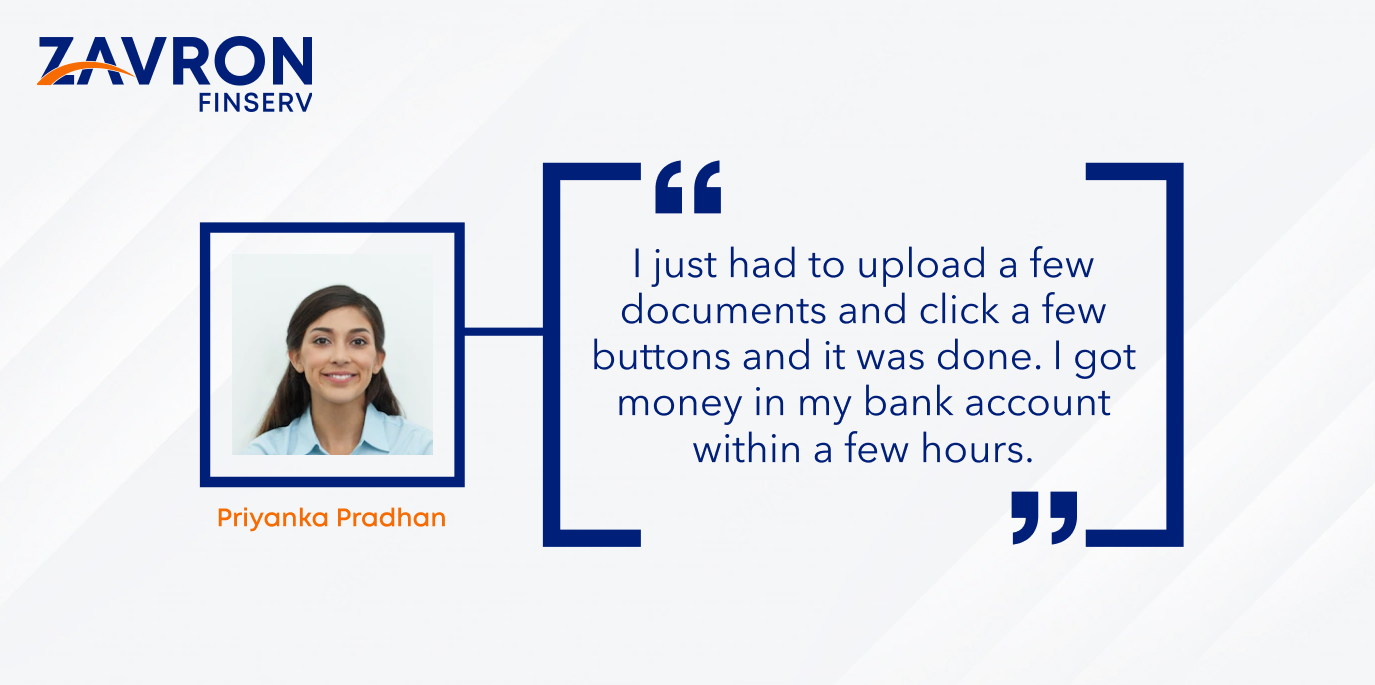
Mar 3, 2021 ●12 min read
How to set financial goals - A guide
The year is 2021. As the world recovers, we are still trying to salvage the damage done by the pandemic- medically and financially. The most important step towards managing finances is to manage what we have and strive for more.
If you're here, you already know how to manage your finances. We are going to focus on the latter part of the article. We will be discussing setting financial goals and how to achieve them.
Why Financial Goals are important?
Setting Financial goals is the preliminary step towards a much more prosperous life. Having a Financial goal will change the way you look at your money. You will start realizing the consequences your fiscal decisions have. This will help you judge your expenditure and also assist you in making better decisions when it comes to your money.
The 60/40 rule of budgeting
Before you sit and chart out your financial goals for the week, or the month, or your entire year (a little far-fetched, but okay), you should understand budgeting, how it works and what you need to do about it.
Budgeting seems hard. We have all tried it on multiple occasions in our lives but miserably failed. It is because we micromanage our finances and become too granular about them. The 60/40 rule gives us the freedom and independence to improvise without hurting our budget.
60/40 rule states that you can assign 60% of your budget to your essential and fixed expenses. The experts suggest that it should be done based on one's gross salary, but the practitioners suggest it should be done based on what you're left after paying your taxes. The other 40% goes toward everything else. Sounds simple, well because it is. Let us learn how to set financial goals now.
The tips to set financial goals
There are multiple ways to set financial goals. However, before you start with your goals, you should list out your obligations, bills, loans, hobbies, vices (we know you have them), and everything that gets a piece of your money.
Once you have them listed out, you can begin setting up goals and acing them.
Black and White
Yes, the most important part of setting up goals is to write them down so you are reminded of them every time you look at them. Look at the list you created before setting up your goals. Now think about that dream and vision that made you take this step. With a confident heart, list out your major goals. Make sure you have the bandwidth to achieve them.
Do not be vague
While listing out your goals, do not be vague. Be as specific as you possibly can. You do not just want to get richer, you want to get richer by a certain amount. You do not want to save money for your next Norway trip, you want to have saved a specific amount for that. So be specific, give your goals a number. Don't shy out.
Being specific about what you seek helps you certainly achieve them. You are able to quantify your progress. You are able to forecast yo ur end-result based on your progress and make necessary changes if required.
Break down goals into micro-goals
You are already halfway done now that you have listed your obligations and your goals. Now comes the part where you have to achieve them. Say you want to save up to INR 120000 by the end of the year. That means you have to save 10000 every month. This calls for some introspection in your monthly expenditure. Do it. Find the gaps you can fill. Look for avenues where you can save more money.
Respect the deadline
The most important part of any commitment is following it. Deadlines make sure you are on your way and doing everything as you planned you would. So in no circumstances, should you miss the deadline you created for your goals and micro-goals.
These are some of the very obvious yet very instrumental guidelines one needs to set up their financial goals. We hope you set your next financial goals and we wish that you achieve all of them.
Quick Links:
Urgent Personal Loan | Instant Business Loan | Home Renovation Loan | Medical Loan | Travel Loan

LICENSED BY RBI
ZAVRON FINANCE PVT LTD
RBI License no.:- N-13.02268
CIN:- U67100MH2017PTC292183






